Your cart is currently empty!
Tag: PestManagement
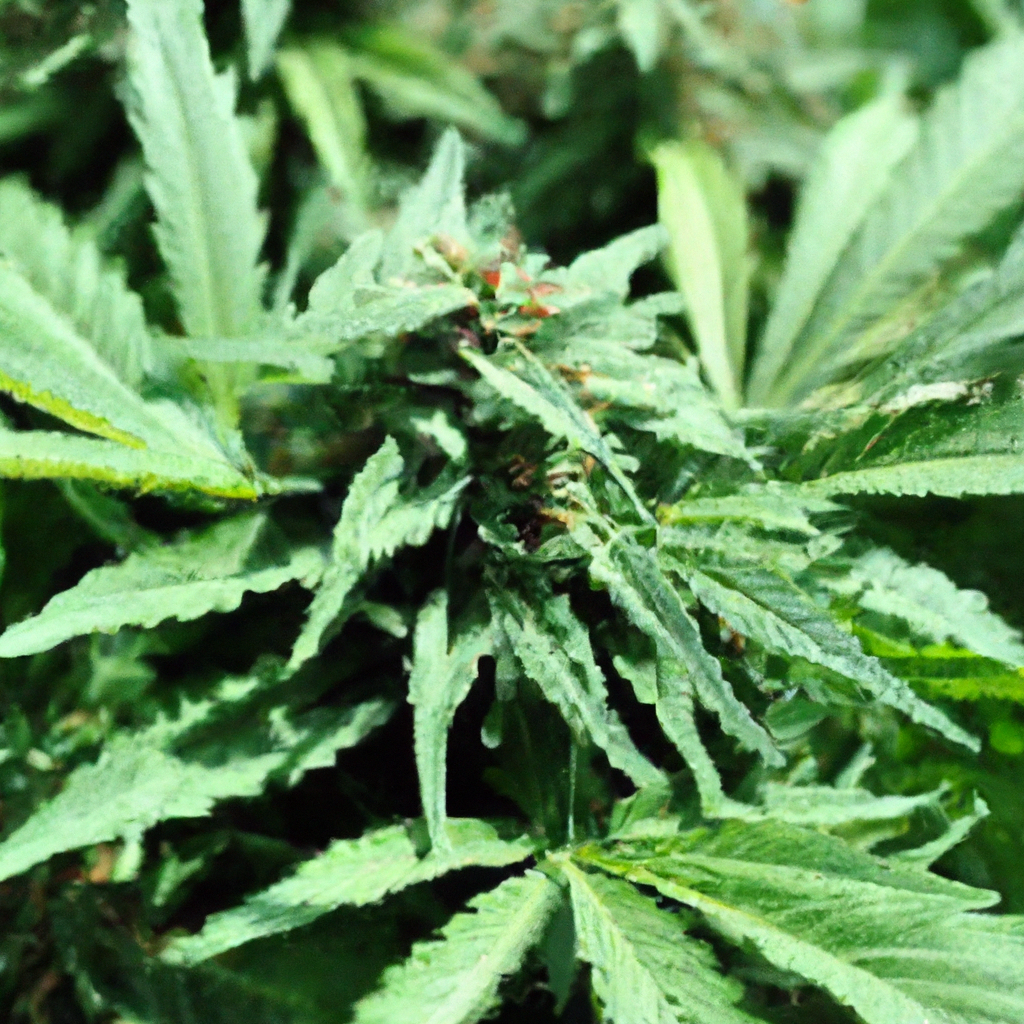
Growing cannabis organically benefits the environment and produces a superior product. This post explores key sustainable practices for organic cannabis cultivation: nurturing a living soil ecosystem with compost, mulch, beneficial microbes, and crop rotation; using natural fertilizers like animal manure and plant-based options; practicing eco-friendly pest management through companion planting and beneficial insects; and promoting…
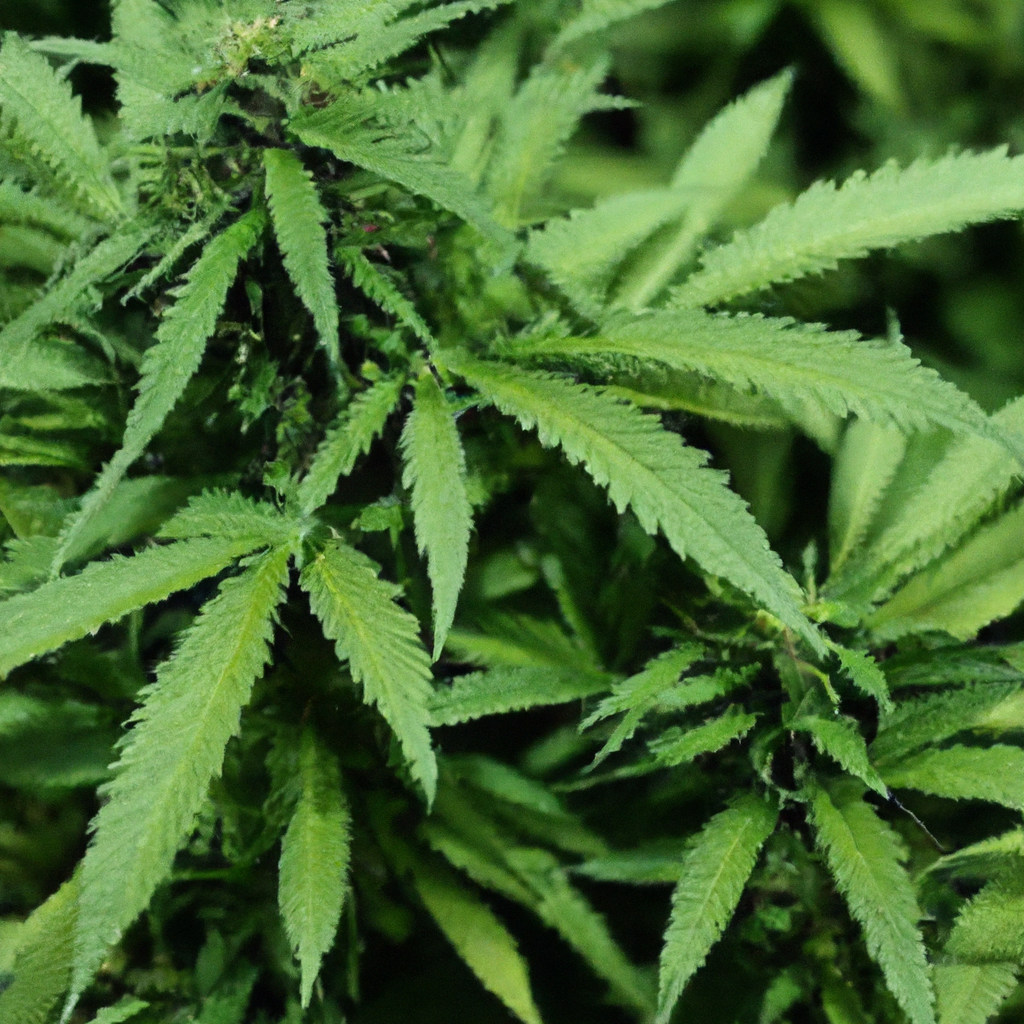
As the cannabis industry expands, more cultivators are turning to organic practices to produce high-quality plants with reduced environmental impact. This approach benefits both consumers and the planet by fostering healthy soil ecosystems, utilizing natural fertilizers, and managing pests sustainably. Key practices include enriching soil with compost and organic matter, using cover crops and beneficial…
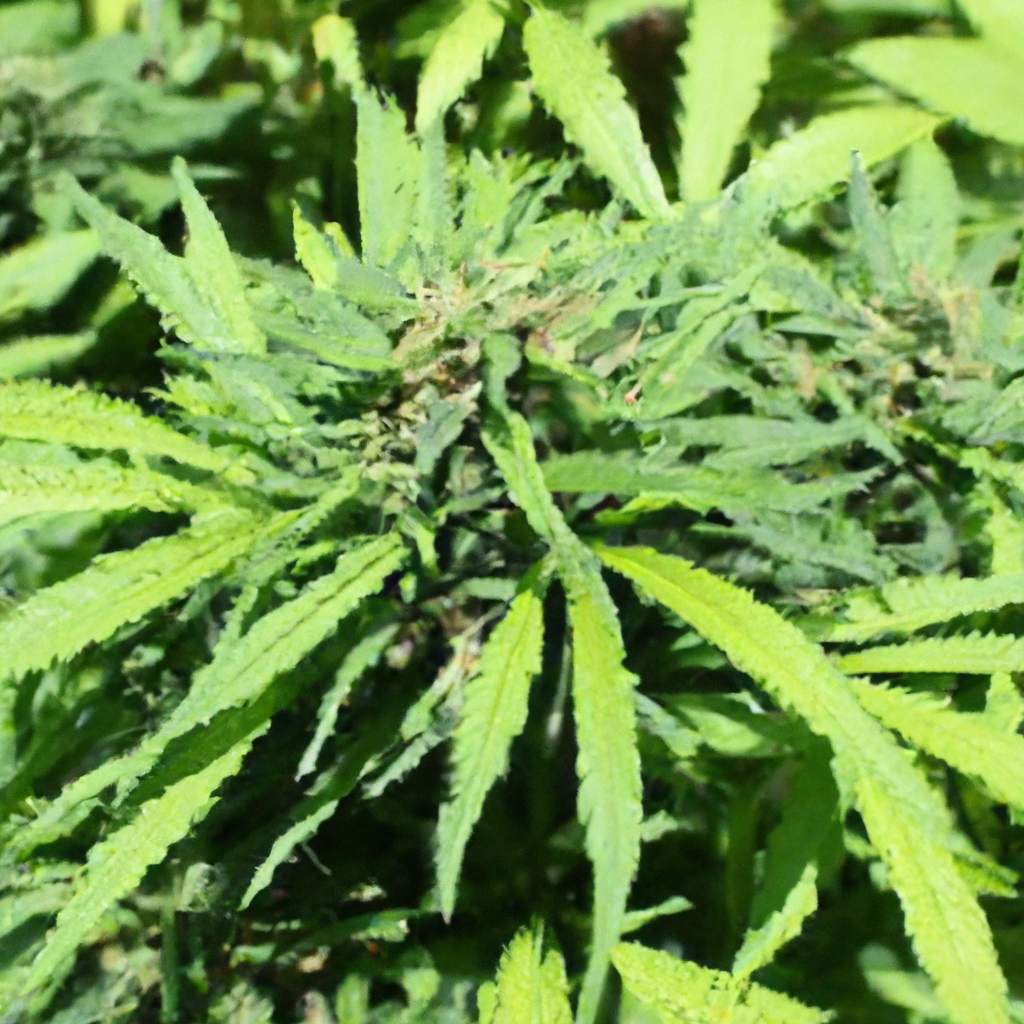
Organic cannabis cultivation emphasizes sustainability and eco-friendliness, benefiting both the environment and consumers. This method focuses on natural fertilizers, nutrient-rich compost, and effective natural pest control to enhance crop quality while avoiding synthetic chemicals. Key practices include building healthy soil ecosystems with compost and crop rotation, using natural fertilizers like fish emulsion and bone meal,…
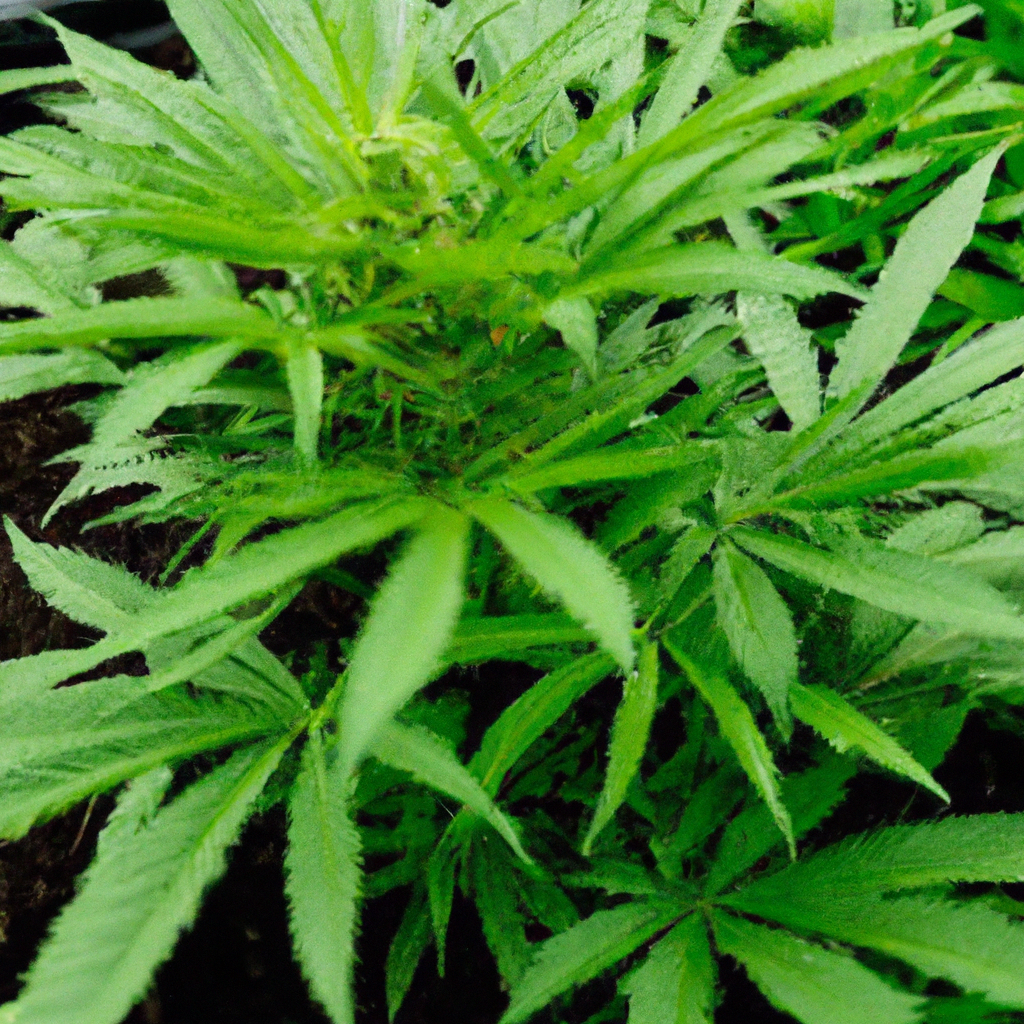
Embarking on organic cannabis cultivation involves nurturing a vibrant ecosystem using natural compounds instead of synthetic chemicals. Success begins with enriching soil using natural fertilizers like compost, worm castings, and bat guano, which support healthy plant growth. Natural pest control strategies, such as Integrated Pest Management, further sustain the garden’s balance by using companion planting,…
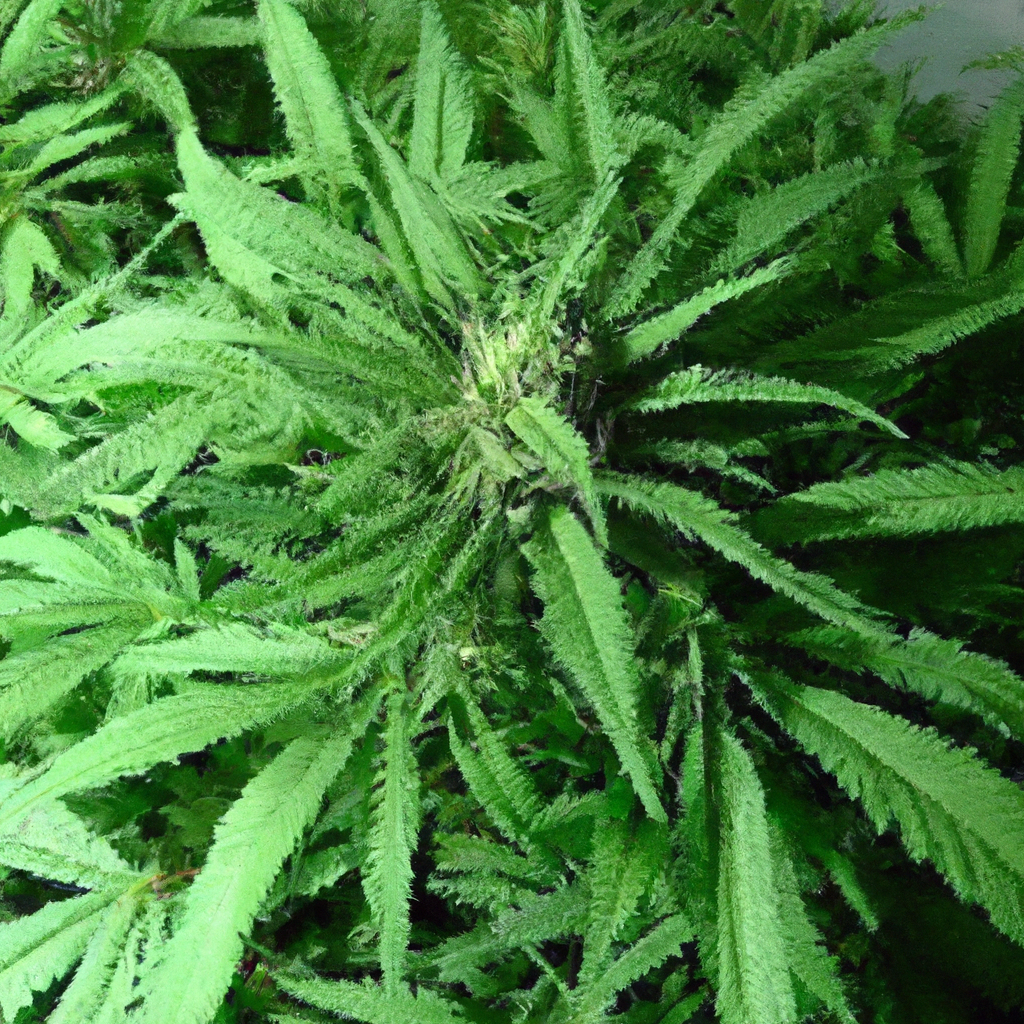
Organic cannabis growing prioritizes environmental health through sustainable practices, avoiding synthetic chemicals in favor of natural fertilizers and pest control. This approach begins with building healthy soil ecosystems using organic compost, beneficial microbes, and crop rotation. Choosing natural fertilizers like manure and bone meal supports plant nutrition without chemical impacts. Natural pest control methods, such…
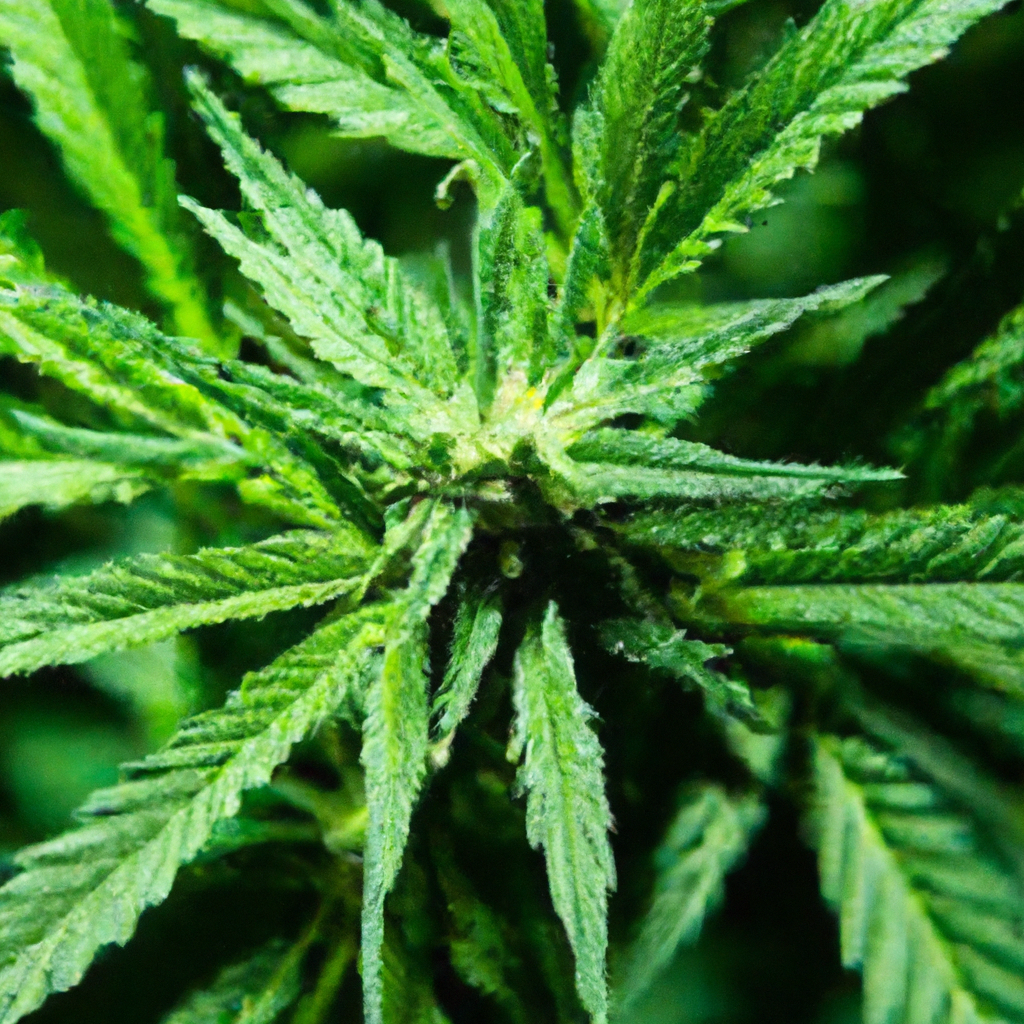
As the cannabis industry expands, organic practices emphasizing sustainability, health, and environmental responsibility are gaining traction among consumers and cultivators. This guide explores the benefits of organic cannabis cultivation, highlighting practices like natural fertilizers, soil health enhancement, and eco-friendly pest control. By focusing on the creation of healthy soil ecosystems and using natural amendments such…
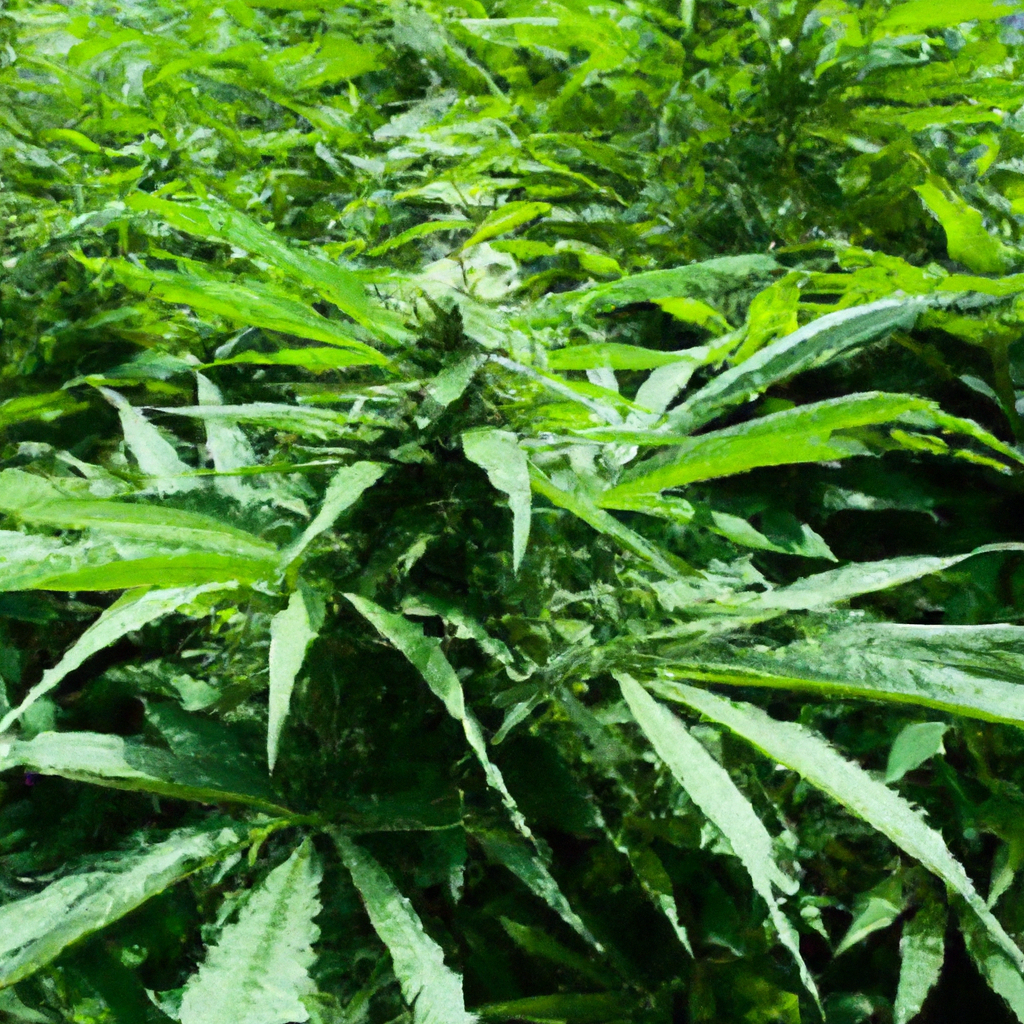
In cannabis cultivation, an increasing number of growers are adopting organic methods due to their environmental and consumer benefits. Organic growing extends beyond replacing chemical fertilizers, emphasizing sustainable ecosystems where cannabis thrives naturally. Key components include building a rich soil ecosystem through composting, cover crops, and mulching, using natural fertilizers like fish emulsion and seaweed…
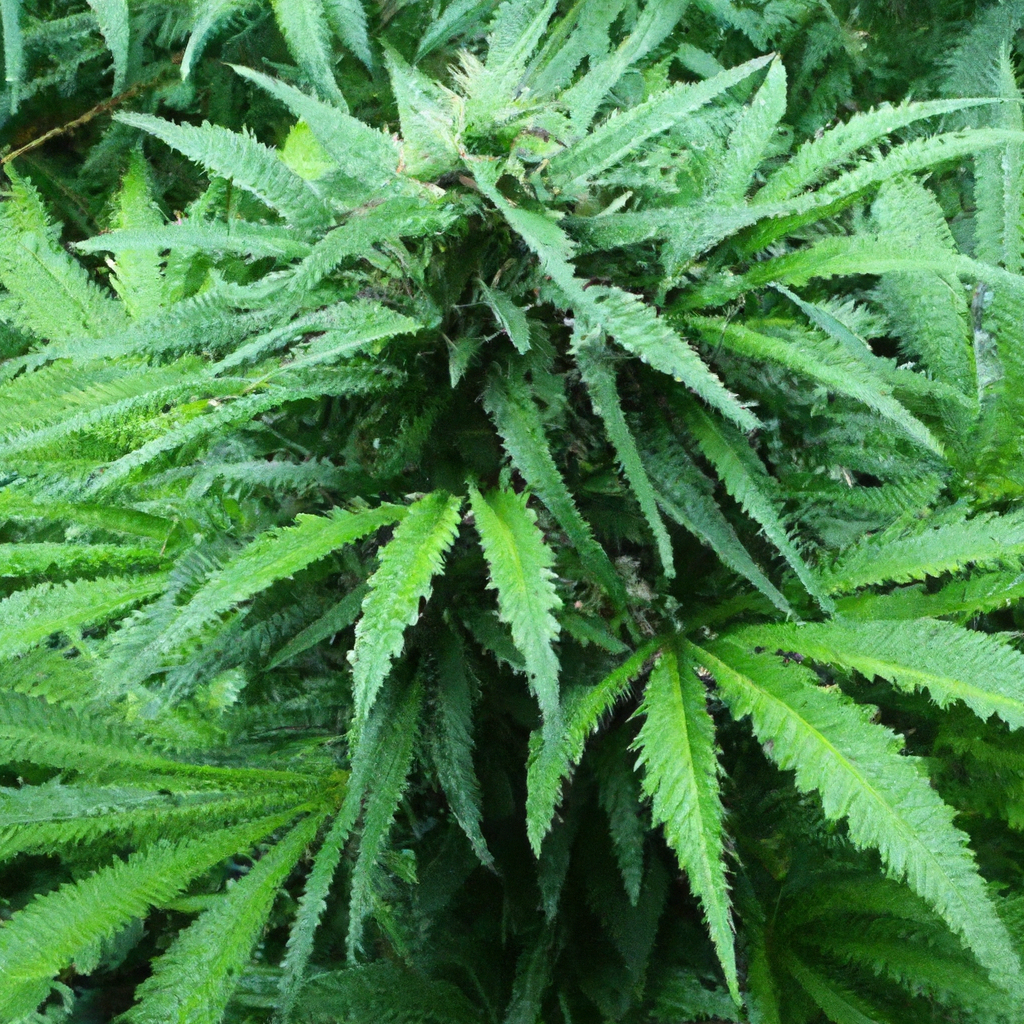
Elevate your cannabis cultivation with advanced Sea of Green (SOG) techniques designed for optimal yield in minimal space. This guide delves into selecting the right strains, mastering watering and pruning strategies, and overcoming common challenges like pest and humidity management. By implementing precise watering systems and effective canopy practices, you can transform even a limited…
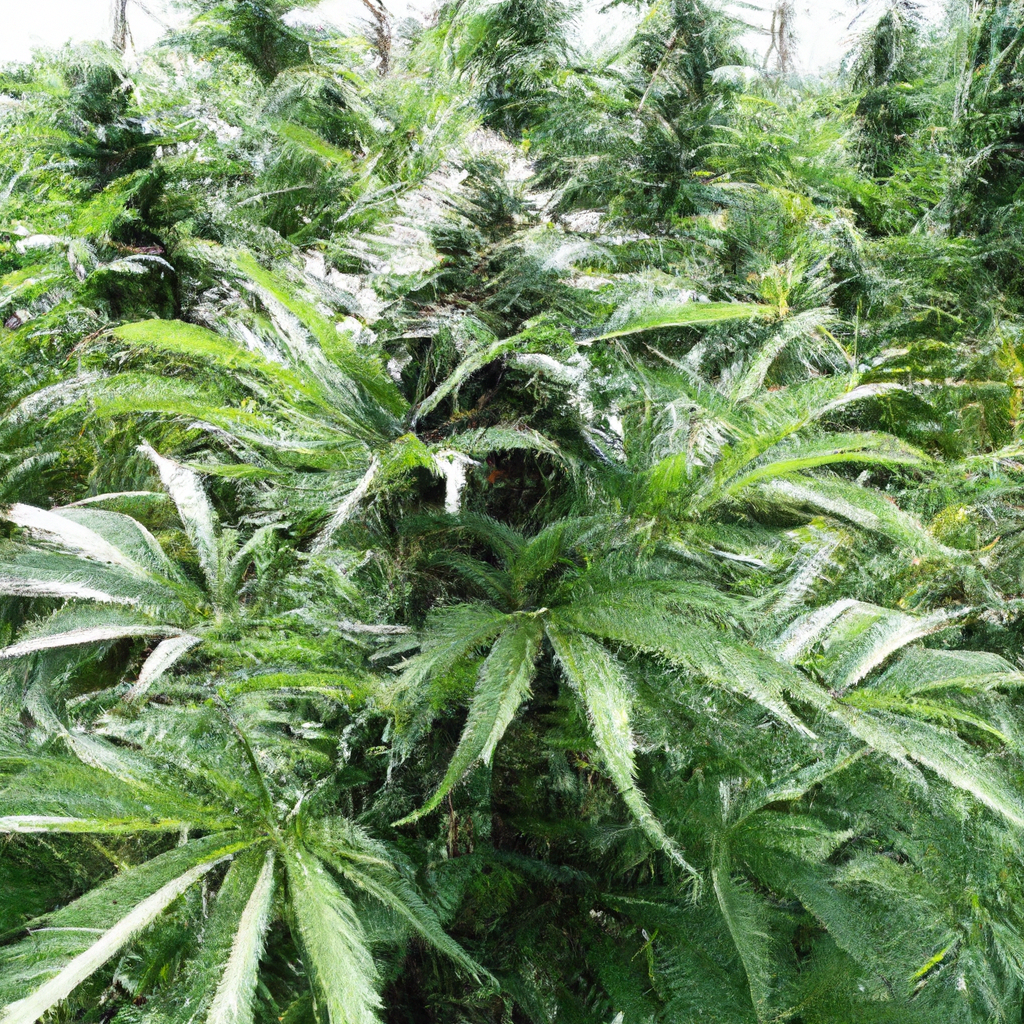
Intercropping is an ancient agricultural technique that offers significant benefits to cannabis cultivation, such as enhanced pest control, improved soil fertility, and increased yield. By strategically planting companion plants, growers can create a balanced ecosystem that supports healthier cannabis growth. Key strategies include choosing compatible plants like marigolds, clover, and basil, ensuring adequate spacing, and…
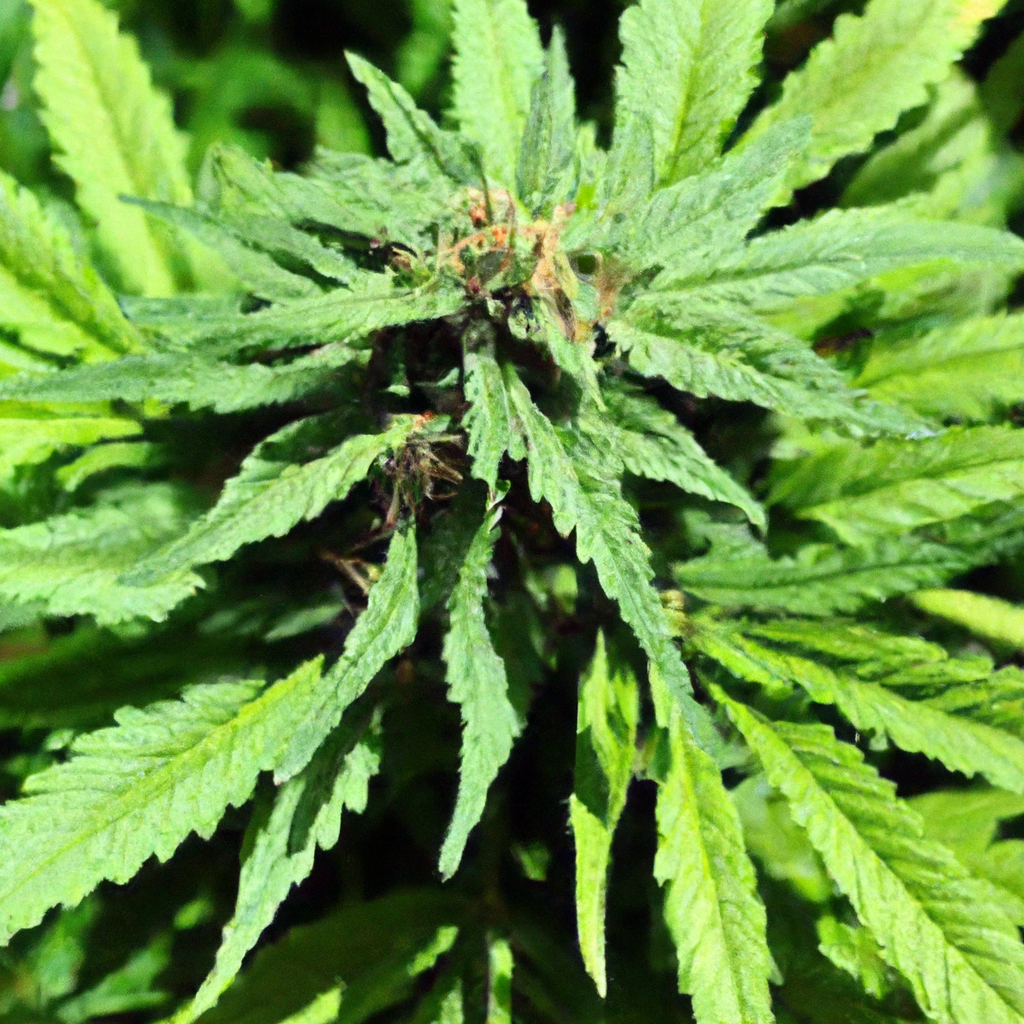
Organic cannabis cultivation emphasizes sustainability and quality by using natural fertilizers, compost, and eco-friendly pest control methods. Key practices include optimizing soil health through composting and natural fertilizers, enhancing nutrient uptake with beneficial microbes, and employing natural pest control techniques like companion planting and predatory insects. These methods contribute to environmental sustainability, promote consumer health…
